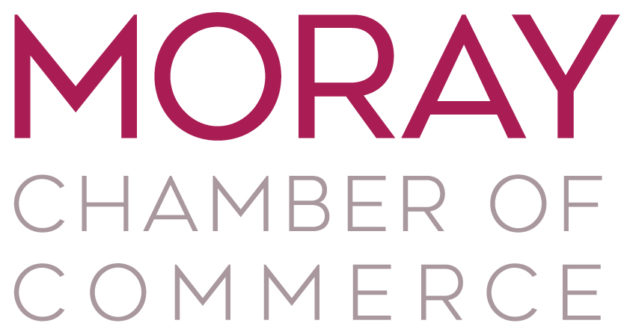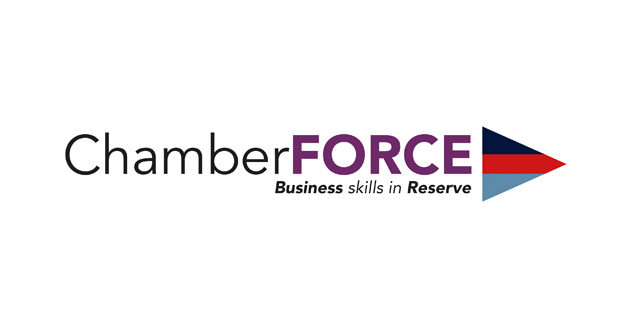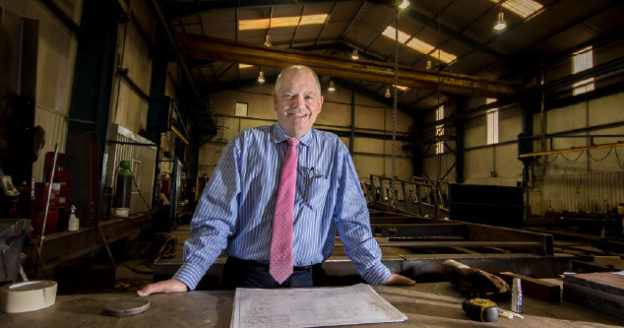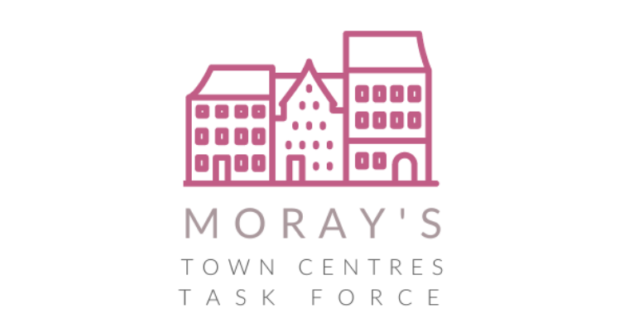Chamber News
SCC QUARTERLY ECONOMIC INDICATOR: Q3 2024 REPORT
15 October 2024 • Sarah Medcraf
Fears over increased taxes and uncertainty over the impact of the Autumn Budget are hitting Scotland’s businesses.
The Scottish Chambers of Commerce’s Quarterly Economic Indicator also reports continuing investment and recruitment challenges alongside increasing concern from taxation. Scotland’s largest business network is now calling upon government north and south of the border to deliver a long-term economic plan, which supports a just transition, address skills shortages and unlocks investment across the country.
The QEI flagged taxation concerns among 55% of businesses - up from 35% last year. Anxiety, particularly around Labour’s Autumn Budget, saw both the tourism and retail sectors reach five-year survey highs of 77% and 70% for taxation respectively.
The survey of hundreds of Scottish businesses, carried out in partnership with the Fraser of Allander Institute, also shows that pressures on cashflow and profit margins are limiting and squeezing growth.
Four out of the five business sectors surveyed reported a fall in profits, with only the services sector showing an increase but still significantly down on the same quarter last year.
Cashflow & Profits:
Cashflow is a considerable challenge for firms, with a contraction on balance reported across three out of the five sectors. The services and tourism sectors were the only sectors to report growth on balance in cashflow.
In terms of profits, only the services sector reported growth on balance. Every other sector in the survey reported contraction on balance.
Investment:
Investment trends continue to be generally positive, with growth recorded on balance across all trends. The retail sector was the only sector with generally negative results in terms of investment.
Labour Market:
Labour market concerns have eased slightly, down to 50% compared to 55% in the previous quarter. Compared to this time last year, these recruitment difficulties have come down from 60%.
Cost Pressures:
All cost pressures eased slightly over the quarter and have eased significantly since this time last year. Labour costs are the leading cost pressure, cited by 7 in 10 firms. Concern from energy costs is cited by over half of firms (53%).
Concerns:
Taxation remains the leading concern for firms and saw an increase over the quarter, it is now cited by 55% of firms. Concern from inflation has eased but remains significant for nearly half of firms (47%).
Compared to last year, inflation was cited by 75% of firms with taxation cited by 35%.
Price Rises:
The number of firms indicating they expect to increase prices fell for the second successive quarter, down to 40%, compared to 45% last quarter and 50% last year.
Read the full report HERE
Sarah Medcraf, CE of Moray Chamber of Commerce said: “Almost daily, we hear from businesses about the pressures they’re facing, particularly with labour costs impacting firms. While services and tourism have seen some positive growth, many sectors are still struggling with profits and rising costs.
We need to do more to support businesses, especially as taxation concerns are growing. I’m encouraged to see that investment is picking up, but retail remains an area of concern. We must act quickly to ensure balanced growth across all sectors and continue to attract and retain talent here in Moray.”



Douglas Smith, Vice-President of the Scottish Chambers of Commerce said: “General business confidence is uncertain given recent government rhetoric on how painful this budget will be and taxation is a significant concern.
“How this will impact business and employees is a huge worry and the lack of clarity has stalled investment and undermined confidence.
“In addition, employees worry about personal taxation with fuel duty, pension tax relief and the impact of fiscal drag all taking cash from their pockets. That will lead to increased wage demands as 7 in 10 firms now cite labour costs as their top cost pressure.
Mr Smith added: “Businesses understand that the fiscal backdrop for the Chancellor is challenging. We are willing to work in partnership to overcome these challenges and help grow the economy. However, any changes made must not be at the expense of investment and growth.”
The report also warned that cashflow remains a considerable challenge for firms with three out of five sectors seeing a contraction with only services and tourism reporting growth on balance.
Mr Smith added: “The widespread cashflow issues which are impacting most sectors are concerning.
“Many are about to come out of longer-term energy deals and are looking at hefty increases, with some gas bills alone set to rise 50% this month.
“We will also be looking for help in the forthcoming Scottish Budget to address costs, particularly in business rates which remains a major pressure on almost two thirds of retail firms surveyed.
“Businesses, particularly in the leisure, hospitality and tourism sectors simply cannot endure any further tax burdens.”
The report also highlighted continuing issues on recruitment with difficulties being experienced by half of businesses.
Dr Liz Cameron CBE, Chief Executive of the SCC, said: “We are now 100 days into the new UK government, and we have still not had positive action on the many issues we face.
“One of those is employment and businesses are still being held back by the inability to recruit experienced and skilled staff and the expense of securing and retaining them in a highly competitive, under supplied marketplace.
“We need the Chancellor to help ease that pressure by unlocking targeted investment in training with skills aligned to business demand and a clear international workforce strategy to help fill skill gaps.”
Commenting on the new Employment Rights Bill, Fiona McKee, founder of The HR Practice said: “There is no doubt that good employment practices benefit both employers and employees, and should be encouraged, but there needs to be balance and perspective.
“We welcome the consultation on the introduction of statutory probationary periods to ensuring employees and companies can properly assess suitability in the role, enabling businesses to take chances on hires while giving more people confidence to re-enter the job market or change careers.”
Concern around escalating energy costs remain significant for just over half of firms surveyed although inflation worries have fallen from last year’s 75%.
Dale Harris, Chief Executive of ATL Turbine Services said: “It’s difficult to make investment decisions when there is confusion and ambiguity about the direction of taxation, particularly around the energy sector.
“We can’t move forward until we know what the tax burdens and fuel duties will be and how any changes will impact our business and also on our employees where skilled jobs are at a premium.”
Dr Cameron said: “The Autumn Budget is a chance to reset the relationship with business and work in partnership to create jobs and stimulate growth. We have put forward many realistic solutions to encourage investment and ease business pressures, but the test is whether the new government is truly listening as they promised pre-election.”
Professor Mairi Spowage, Director of the Fraser of Allander Institute, said: “Following a positive start to 2024, economic growth in the summer months has been more hesitant for the UK and Scotland. After a strong start to the year, with growth rates reaching 0.6% in the first quarter and 0.5% in the second quarter, Scotland seemed poised for a sustained recovery.
“However, growth faltered in May and June, reflecting broader economic trends, with only a slight recovery in July at 0.3%. Despite the dip, these figures still reflect a more consistent growth pattern compared to the volatile year of 2023, although Scotland remains just behind the UK in terms of overall performance for 2024 to date.
“The changing pathway for interest rates, for example, is likely to be weighing on business expectations for growth: the latest decision by the Bank of England is likely to yet again temper expectations of the trajectory for interest rates coming down over the next year. These expectations have been continually redrawn as we have moved through 2024.
“The news about the probable increases in energy bills is also likely to impinge on consumer confidence about the Autumn. Overall, though it does feel like many consumers, and certainly many businesses, are holding their breath to see what is announced in the UK Budget at the end of October.”

















